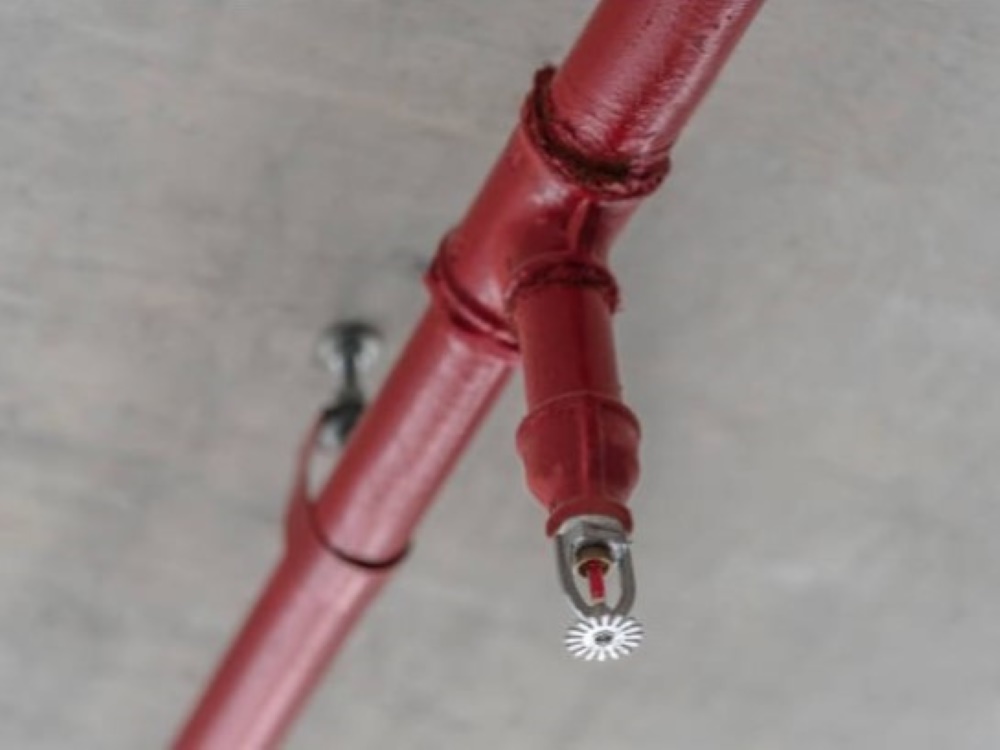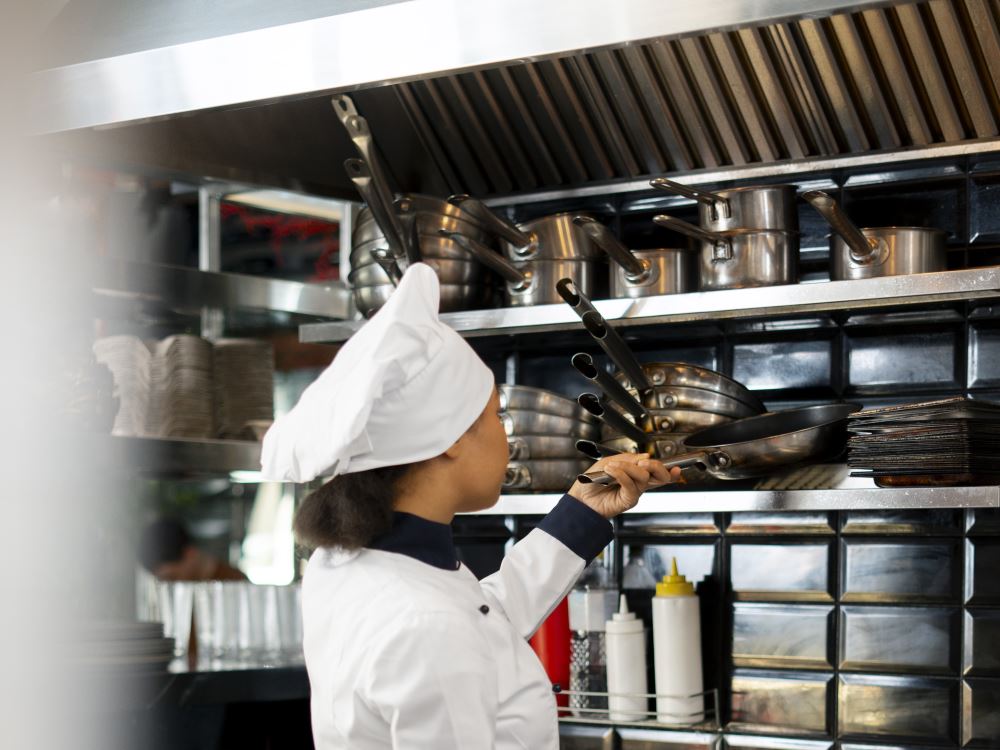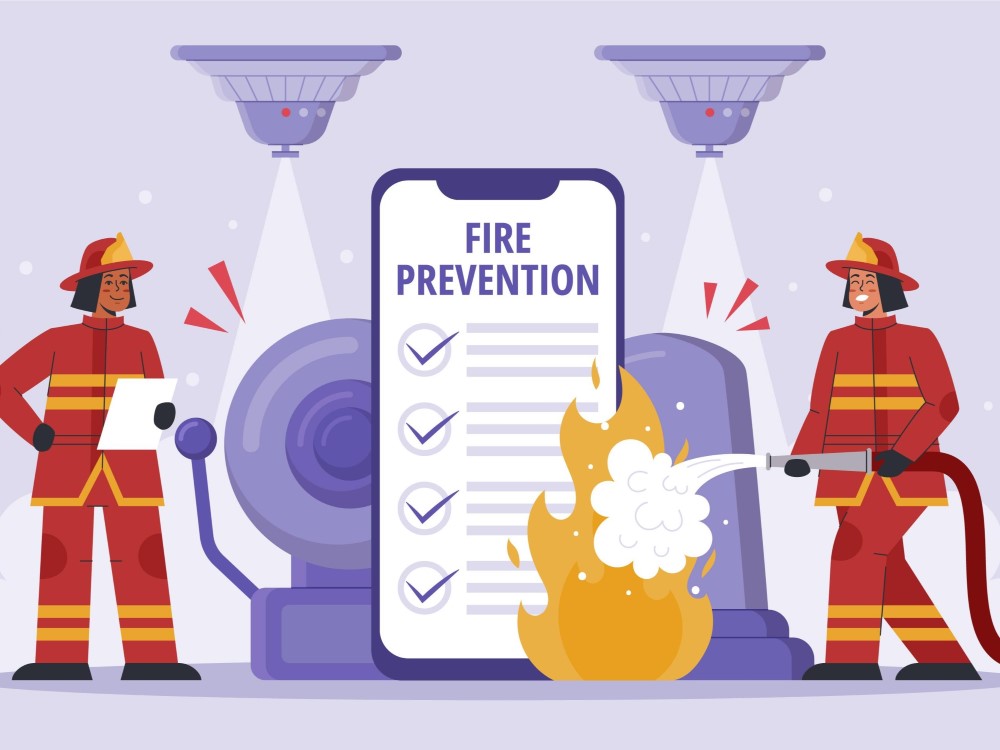Running a commercial kitchen is no small feat. Ensuring fire safety, especially in the kitchen exhaust system, is crucial. Neglecting this can lead to severe consequences. Let’s dive into the importance of maintaining a safe and efficient kitchen exhaust system.
Why Fire Safety in Kitchen Exhaust Systems Matters
In commercial kitchens, fire safety rules are the are the priority. Over time, grease and grime can gather in the exhaust system. This accumulation seriously increases the fire risk. The grease might catch on one spark and cause a hazardous fire.
Key Components of a Kitchen Exhaust System
- Hood: Captures smoke, steam, and grease-laden vapors.
- Ductwork: Channels contaminated air out of the kitchen.
- Fans: Ensure proper airflow and ventilation.
- Filters: Trap grease and prevent it from entering the ductwork.
Regular Cleaning and Maintenance
Regular cleaning and maintenance of your kitchen exhaust system can prevent grease buildup. This reduces fire risk and ensures the system operates efficiently.
Cleaning Schedule
- Daily: Clean hood filters and surfaces.
- Weekly: Inspect and clean accessible ductwork and fan blades.
- Monthly: Conduct a thorough inspection of the entire system.
- Annually: Hire a professional to deep clean and inspect the system.

Installing a Fire Suppression System
A fire suppression system is a critical addition to your kitchen exhaust setup. It detects and extinguishes fires before they can spread.
Types of Fire Suppression Systems
- Wet Chemical Systems: Effective against grease fires. Releases a chemical that cools the fire and forms a barrier to prevent re-ignition.
- Dry Chemical Systems: Suitable for various fire types. Releases a dry chemical powder to extinguish the fire.
- Water-Based Systems: Sprinkler systems that release water to douse flames.

Training Your Staff
Your staff plays a vital role in maintaining fire safety. Proper training ensures they know how to handle potential fire hazards and maintain the kitchen exhaust system.
Essential Training Topics
- Identifying Fire Hazards: Recognize common fire risks in the kitchen.
- Proper Cleaning Techniques: Learn how to clean and maintain the exhaust system.
- Using Fire Suppression Systems: Understand how to activate and use fire suppression systems effectively.
- Emergency Procedures: Know the steps to take in case of a fire.
Regular Inspections and Compliance
Routine inspections are essential. Ensure your kitchen exhaust system complies with local fire safety regulations. Schedule inspections with certified professionals. They can identify potential issues and provide solutions.
Inspection Checklist
- Hood and Filters: Check for grease buildup and damage.
- Ductwork: Inspect for blockages and wear.
- Fans and Motors: Ensure they are functioning correctly.
- Fire Suppression System: Test and maintain the system.
Conclusion
One should not treat fire safety in commercial kitchen exhaust systems lightly. Important actions are regular cleaning, correct maintenance, implementing a dependable fire suppression system, and staff training. Maintaining the optimal condition of your kitchen exhaust system guarantees a safe and effective kitchen and lowers fire hazards. Action should not wait for a fire to hit. Give fire safety priority now to save your company, staff, and clients.
